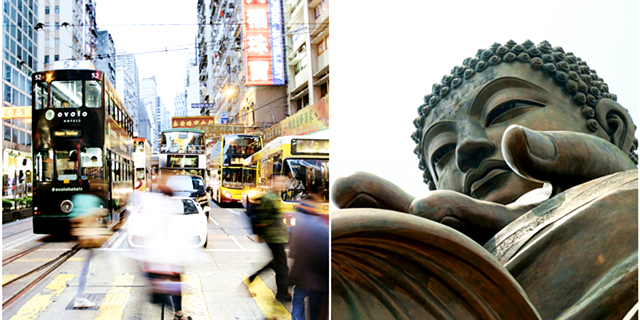Wheels come off Chinese bike-sharing firm
CHONGQING — Despite being named after Wukong, the omnipotent Monkey King, in the Chinese classic "Journey to the West," a Chongqing bike-sharing start-up has gone bust after less than five months.
Chongqing Zhanguo Technology Ltd, Wukong Bicycle's operator, announced on the company's Sina Weibo account last week that it had retrieved its bikes from the streets and will refund cash advances to users within next 30 days.
Wukong Bicycle is thought to be the first bike-sharing operation to go bankrupt in China.
Xinhua's calls to founder Lei Houyi went unanswered, but he was quoted in the press as saying he had lost more than one million yuan ($146,000).
One of the reasons his firm failed was because it was unable to secure a quality bike supplier and the bicycles obtained from smaller suppliers proved to be of poor quality.
Lei, 26, once worked as security guard in Peking University. The native of Chongqing was inspired by Mobike and ofo's business model to establish his own bike-sharing firm.
Wukong started to launch its service in Jan 7, putting around 1,200 bikes across Chongqing, half of which were in college campuses. Around 90 percent of their bikes are now nowhere to be found because they are only fitted with mechanical locks and are easily stolen.
Chongqing is a hilly city, and colleges are the major market for bike-sharing companies. Xinhua saw a large number of orange Mobike and yellow ofo, the two companies which dominate the Chinese market.
"Mobikes are better quality but ofo is cheaper," said He Xia, a student at the Chongqing University.
She had tried other shared bikes, but the bikes were less comfortable. "As a result, we still prefer the big brands," she said.
Ren Yiling, a student with Southwest University, was among the few who tried Wukong. "The bikes were poor quality," she said. "It shook while I was riding, so I stopped using it."
Wukong Bicycle's collapse occurred just days before Mobike announced it had raised more than $600 million to finance overseas expansion.
As people seek to make their lives easier and save resources, sharing has become popular in China.
Mobike and ofo only started trading last year. Since then, more than 30 similar firms have been set up.
A report released by the State Information Center predicted that the sharing economy will grow at an average annual rate of 40 percent over the next few years and will account for more than 10 percent of the country's GDP by 2020.
"I think the failure of Wukong is not because the bike-sharing market is not good, but due to his choice of city," said a web user Yangyangshutu. "Every Chongqing resident knows a saying, 'in Chongqing, the bike rides the man.' It is not a city where you should ride bike at all."






















